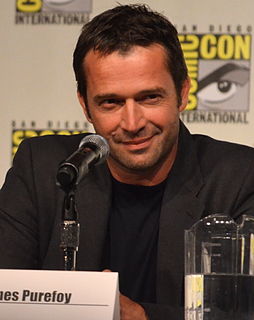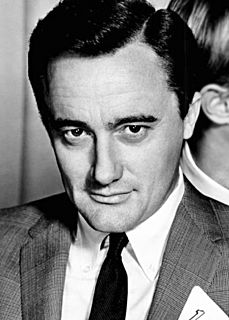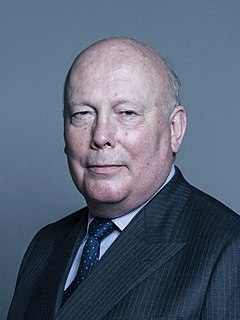A Quote by Paul Virilio
Television exposes the world to the accident. The world is exposed to accidents through television.
Related Quotes
The days of television as we knew it growing up are over. You have a bigger, wider world audience on the Internet, larger than any American television series. People don't watch television in the same context as before. Nowadays they watch their television on the Internet at their convenience. That's the whole wave, and it's now - not the future.
Television is our culture's principal mode of knowing about itself. Therefore -- and this is the critical point -- how television stages the world becomes the model for how the world is properly to be staged. It is not merely that on the television screen entertainment is the metaphor for all discourse. It is that off the screen the same metaphor prevails. (92)
Television is the same as the telephone, and the same as the World Wide Web for that matter. People who become obsessed by the peculiarities of these communications media have simply failed to adjust to the shock of the old. People who bleat on about the 'artistic' potential of television qua television are equally deluded.
It's no accident that Julia Child appeared on public television - or educational television, as it used to be called. On a commercial network, a program that actually inspired viewers to get off the couch and spend an hour cooking a meal would be a commercial disaster, for it would mean they were turning off the television to do something else.



































